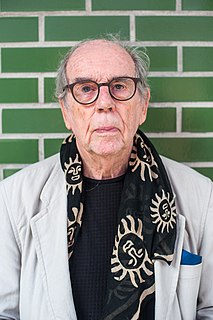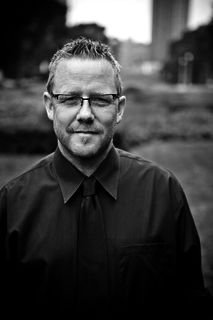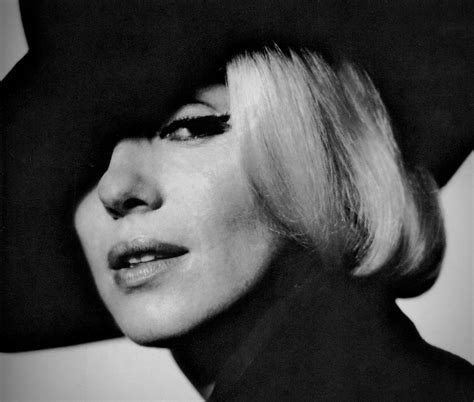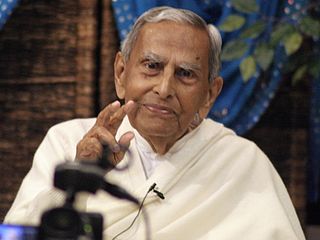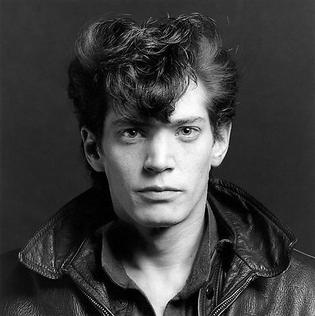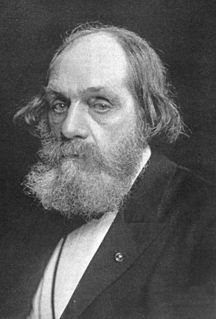A Quote by Robert Adams
Larry Schwarm's photographs of fire on the prairie are so compelling that I cannot imagine any later photographer trying to do better. His pictures convince us that seemingly far away events are close by, relevant to any serious person's life.
Related Quotes
I think each village was meant to feel pity for its own sick and poor whom it can help and I doubt if it is the duty of any private person to fix his mind on ills which he cannot help. This may even become an escape from the works of charity we really can do to those we know. God may call any one of us to respond to some far away problem or support those who have been so called. But we are finite and he will not call us everywhere or to support every worthy cause. And real needs are not far from us.
Although he moved away from the Midwest for good at the age of thirteen, Ray Bradbury is a prairie writer. The prairie is in his voice, and it is his moral compass. It is his years spent in Waukegan, Illinois - later rechristened by Ray as 'Green Town' in many books and stories - that forever shaped him.
The only thing that's real in any universe [is] that brilliant fire of Love that burns to the exclusion of everything else. As we recognize the presence of Love, we break through the wall of grief that would try to convince us that the dear soul with whom we have learned and loved so much no longer exists, or that she or he cannot speak with us. There is no wall that Love cannot vaporize. We may believe in death, Love doesn't.
We cannot separate ourselves from those whom we call the 'lower' animals. They are lower in the scale of evolution, but they, like us, are members of the One Family. We must not take away the life of any creature. Indeed, we must never take away that which we cannot give. And as we cannot restore a dead creature to life, we have no right to take away its' life.
I like to look at pictures, all kinds. And all those things you absorb come out subconsciously one way or another. You'll be taking photographs and suddenly know that you have resources from having looked at a lot of them before. There is no way you can avoid this. But this kind of subconscious influence is good, and it certainly can work for one. In fact, the more pictures you see, the better you are as a photographer.
The only things that distinguish the photographer from everybody else are his pictures: they alone are the basis for our special interest in him. If pictures cannot be understood without knowing details of the artist's private life, then that is a reason for faulting them; major art, by definition, can stand independent of its maker.

